J. Shi
MAD: Meta Adversarial Defense Benchmark
Sep 18, 2023Abstract:Adversarial training (AT) is a prominent technique employed by deep learning models to defend against adversarial attacks, and to some extent, enhance model robustness. However, there are three main drawbacks of the existing AT-based defense methods: expensive computational cost, low generalization ability, and the dilemma between the original model and the defense model. To this end, we propose a novel benchmark called meta adversarial defense (MAD). The MAD benchmark consists of two MAD datasets, along with a MAD evaluation protocol. The two large-scale MAD datasets were generated through experiments using 30 kinds of attacks on MNIST and CIFAR-10 datasets. In addition, we introduce a meta-learning based adversarial training (Meta-AT) algorithm as the baseline, which features high robustness to unseen adversarial attacks through few-shot learning. Experimental results demonstrate the effectiveness of our Meta-AT algorithm compared to the state-of-the-art methods. Furthermore, the model after Meta-AT maintains a relatively high clean-samples classification accuracy (CCA). It is worth noting that Meta-AT addresses all three aforementioned limitations, leading to substantial improvements. This benchmark ultimately achieved breakthroughs in investigating the transferability of adversarial defense methods to new attacks and the ability to learn from a limited number of adversarial examples. Our codes and attacked datasets address will be available at https://github.com/PXX1110/Meta_AT.
Predicting Future Cognitive Decline with Hyperbolic Stochastic Coding
Feb 21, 2021
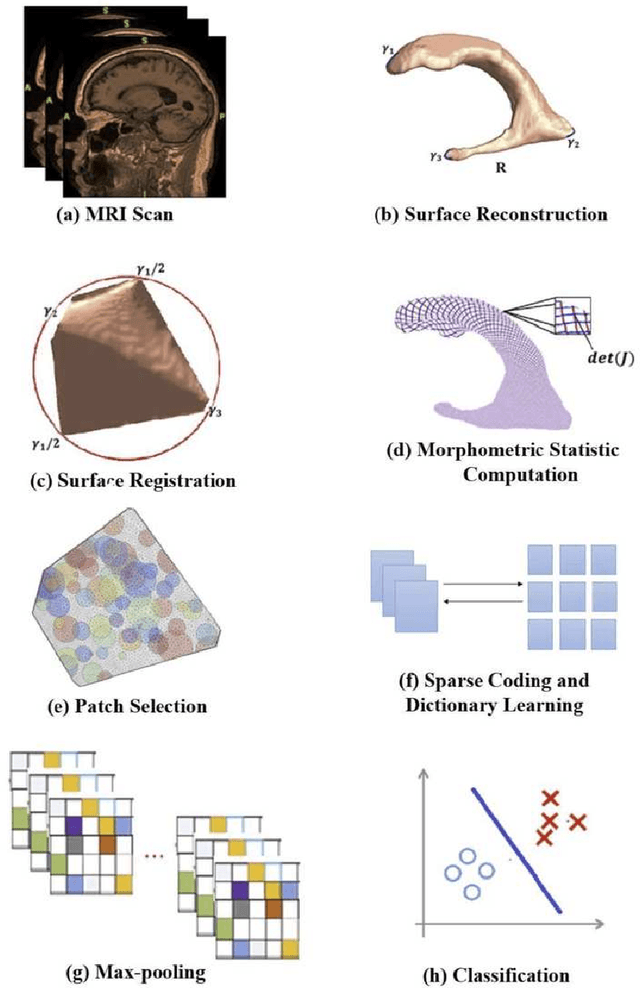

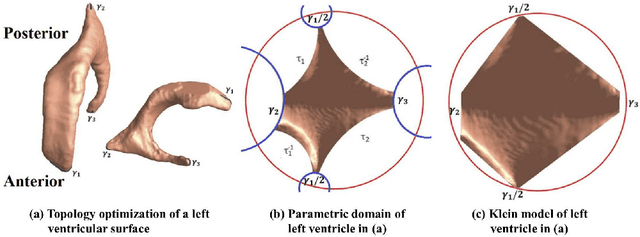
Abstract:Hyperbolic geometry has been successfully applied in modeling brain cortical and subcortical surfaces with general topological structures. However such approaches, similar to other surface based brain morphology analysis methods, usually generate high dimensional features. It limits their statistical power in cognitive decline prediction research, especially in datasets with limited subject numbers. To address the above limitation, we propose a novel framework termed as hyperbolic stochastic coding (HSC). Our preliminary experimental results show that our algorithm achieves superior results on various classification tasks. Our work may enrich surface based brain imaging research tools and potentially result in a diagnostic and prognostic indicator to be useful in individualized treatment strategies.
A survey on Kornia: an Open Source Differentiable Computer Vision Library for PyTorch
Sep 21, 2020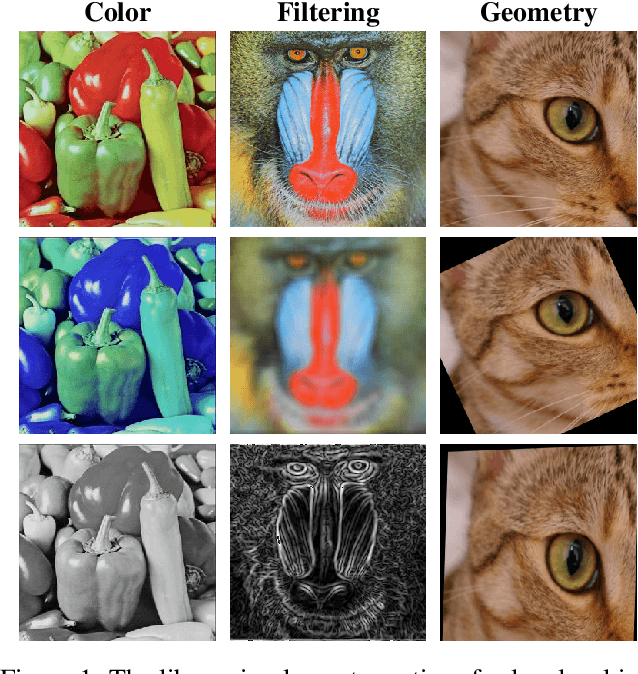

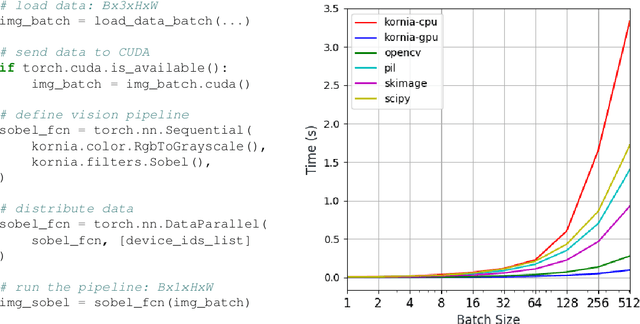
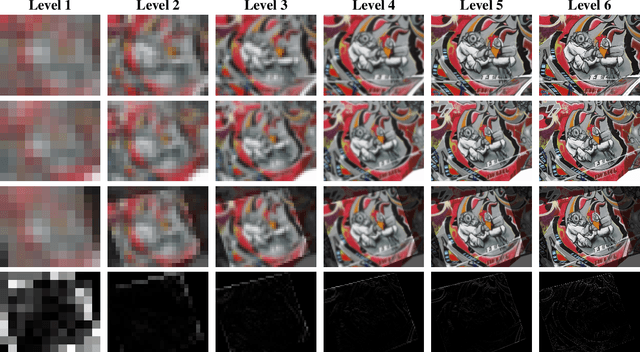
Abstract:This work presents Kornia, an open source computer vision library built upon a set of differentiable routines and modules that aims to solve generic computer vision problems. The package uses PyTorch as its main backend, not only for efficiency but also to take advantage of the reverse auto-differentiation engine to define and compute the gradient of complex functions. Inspired by OpenCV, Kornia is composed of a set of modules containing operators that can be integrated into neural networks to train models to perform a wide range of operations including image transformations,camera calibration, epipolar geometry, and low level image processing techniques, such as filtering and edge detection that operate directly on high dimensional tensor representations on graphical processing units, generating faster systems. Examples of classical vision problems implemented using our framework are provided including a benchmark comparing to existing vision libraries.
 Add to Chrome
Add to Chrome Add to Firefox
Add to Firefox Add to Edge
Add to Edge